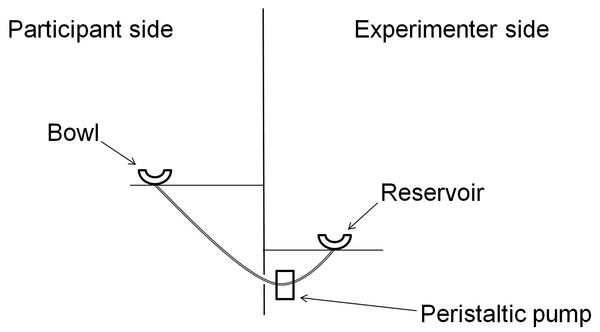If your pockets are empty and you have no money for roast beast this Christmas, there may still be hope. You could try remembering a better dinner and trick your brain into feeling full. That's episodic memory.
The memory of having eaten a large meal can make people feel less hungry hours after the meal, according to a paper by experimental psychologists at University of Bristol.
They note hippocampal-dependent memory processes in the control of hunger and draw an analogy to the hyperphagia that is associated with amnesia. But they wanted to see if ‘memory for recent eating’ is significant role in neurologically intact humans. So they isolated the extent to which memory for a recently consumed meal influences hunger and fullness over a three-hour period.
The researchers showed volunteers in four groups (25 in each group) either a small or large portion of soup (300 ml or 500 ml) just before lunch, and then manipulated the amount of soup they actually consumed by means of a covert pump that could refill or empty a soup bowl without the eater noticing, so half consumed 300 ml and half consumed 500 ml of soup.

The science of a magic soup bowl revealed. Credit: doi:10.1371/journal.pone.0050707.g001
Immediately after they ate, the level of self-reported hunger reported by the volunteers was proportionate to the amount of food they had eaten, not the amount they had seen before eating. But 2 to 3 hours after lunch the subjects who had been shown a larger portion of soup reported significantly less hunger than those who had seen the smaller portion. 24 hours later, more of these volunteers who had seen the bigger portions believed that the portion of soup they had consumed would satiate their hunger.
According to the authors, their results demonstrate the independent contribution of memory processes to feelings of satiety after a meal. "Opportunities exist to capitalize on this finding to reduce energy intake in humans", they conclude.
First author Jeffrey M. Brunstrom added, "This study is exciting because it exposes a role for cognition in the control of hunger - appetite isn't governed solely by the physical size and composition of the meals we consume."
Citation: Brunstrom JM, Burn JF, Sell NR, Collingwood JM, Rogers PJ, et al. (2012) Episodic Memory and Appetite Regulation in Humans. PLoS ONE 7(12): e50707. doi:10.1371/journal.pone.0050707


